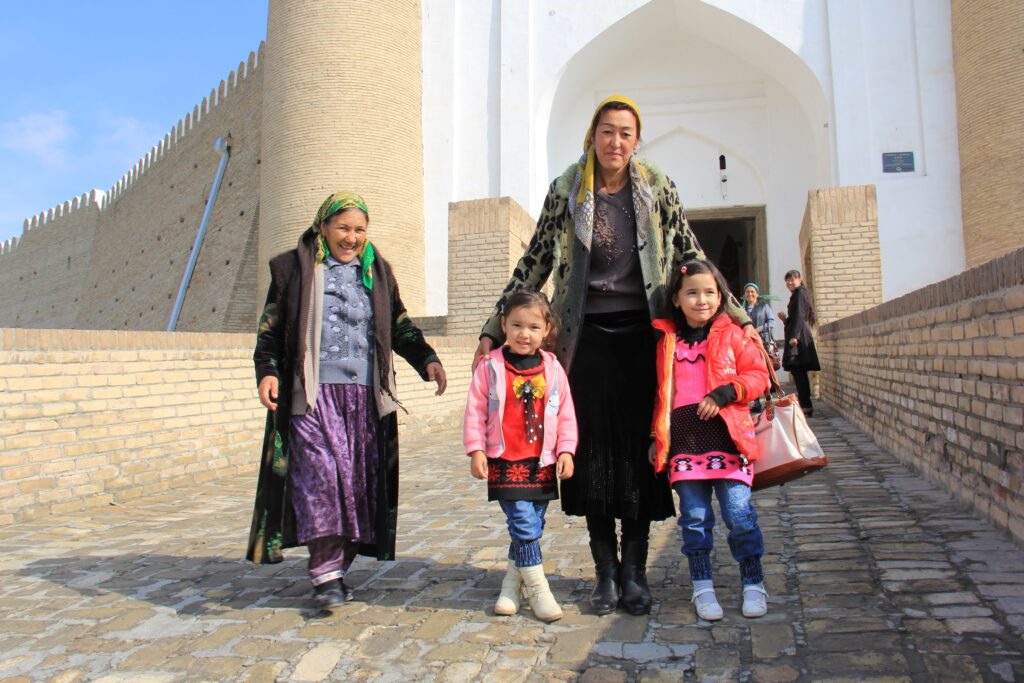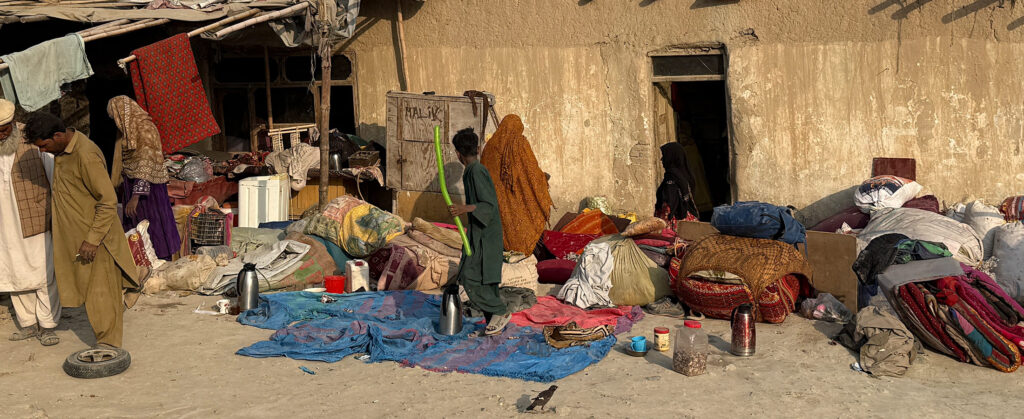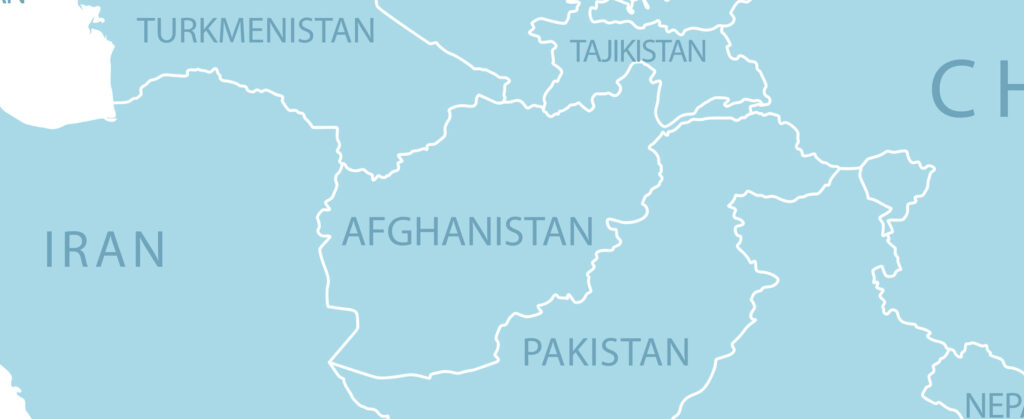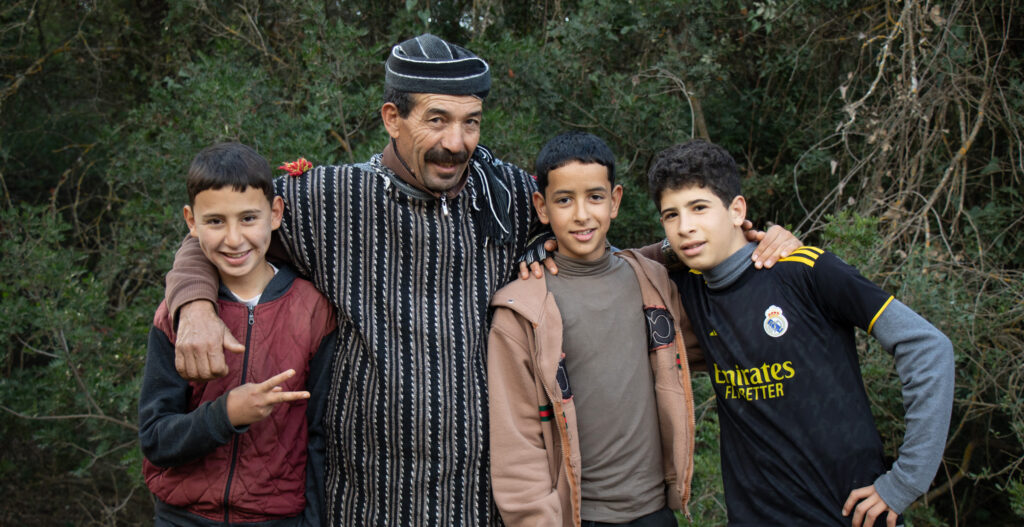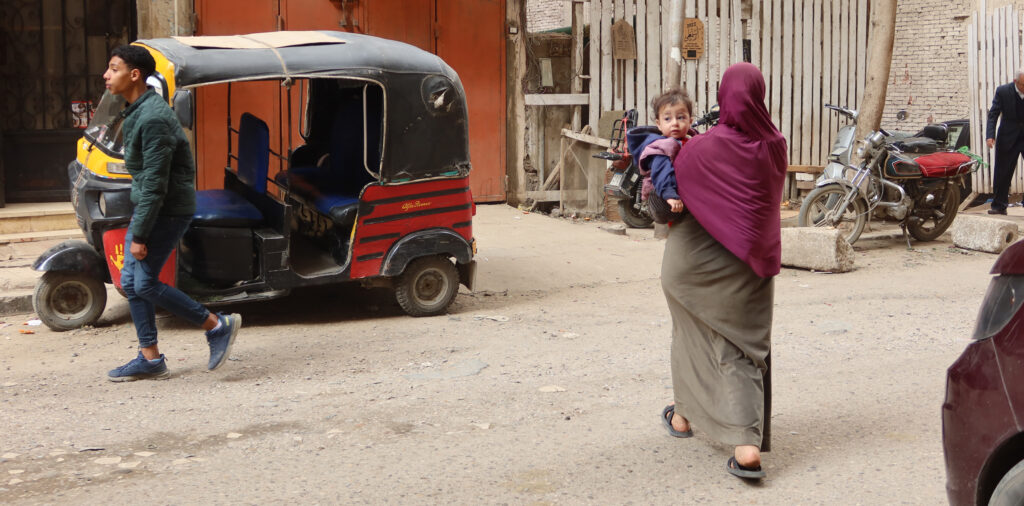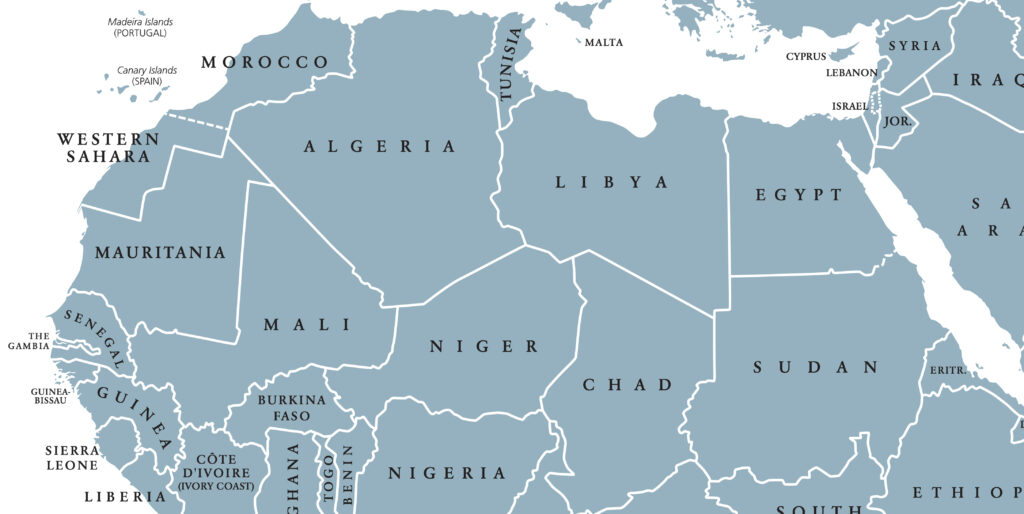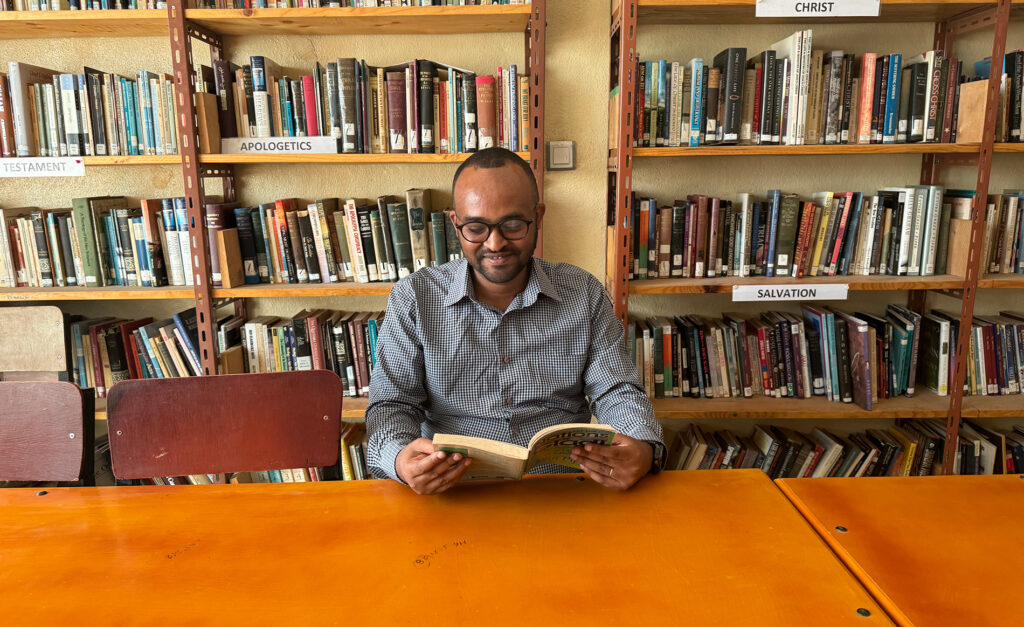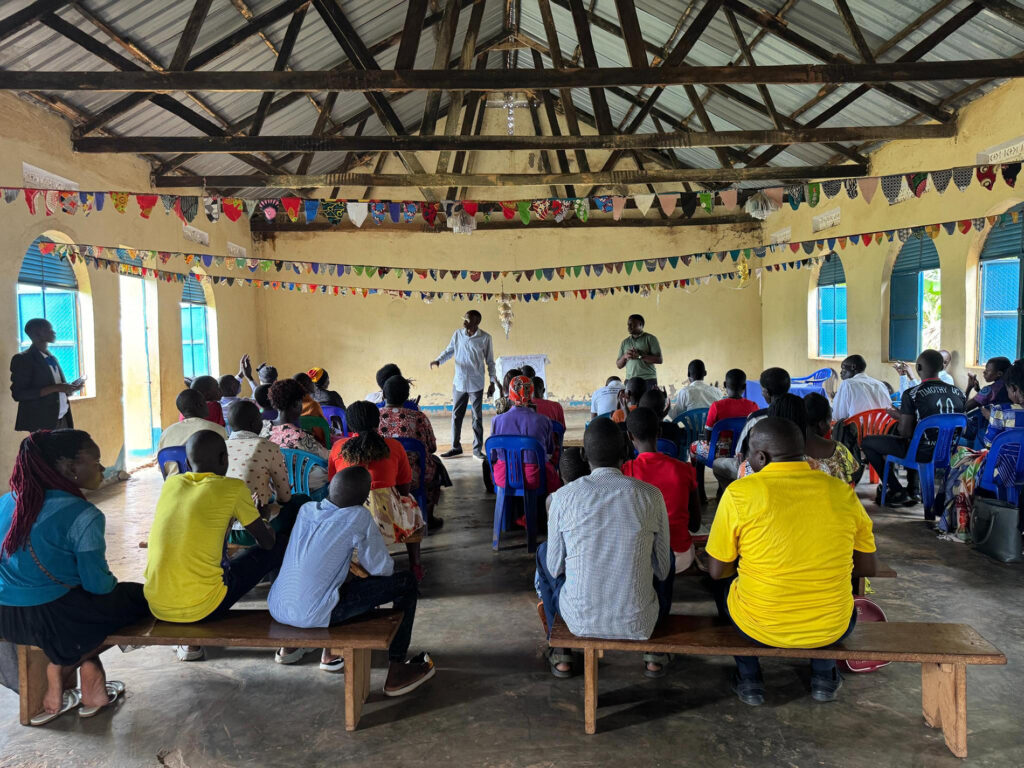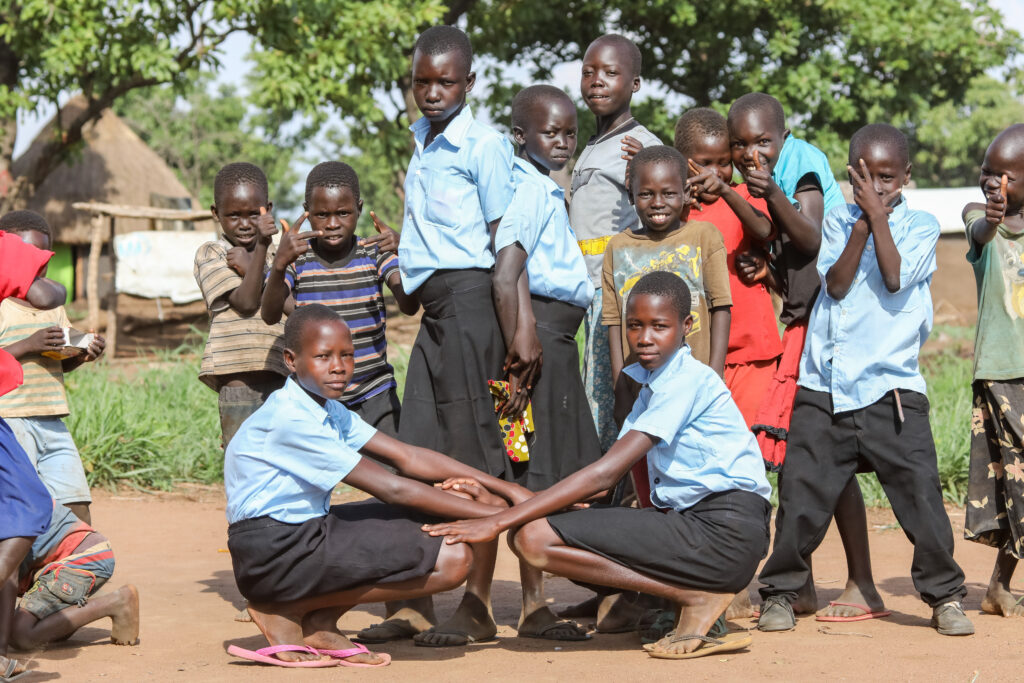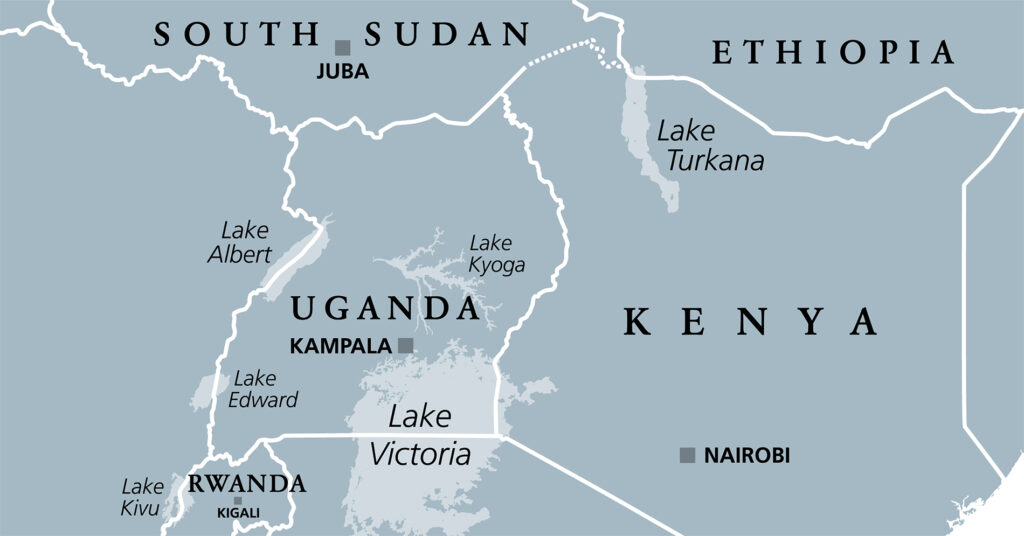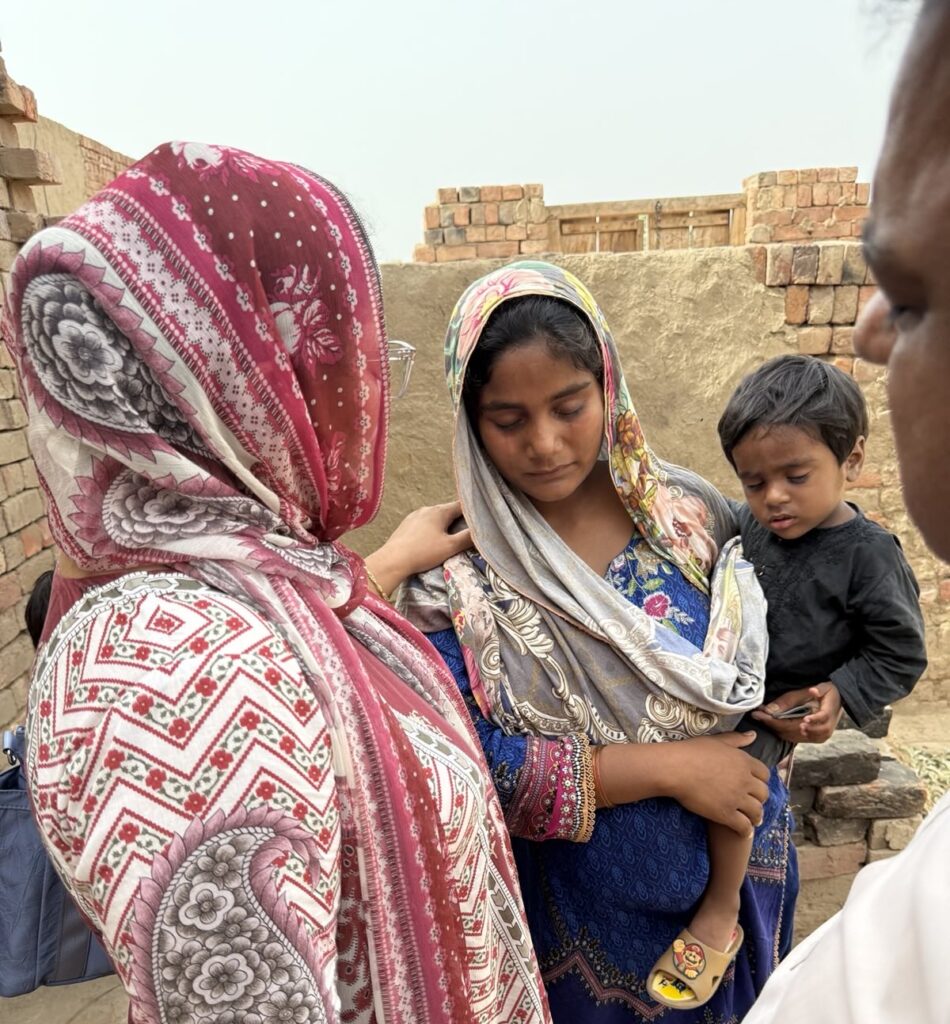Almost every Sunday after church, Dilara’s husband beats her.
He beats her relentlessly until he’s breathless and tired. Only when he is completely spent, does Dilara, 33, seize the moment to share Jesus with him. He’s willing to listen when he’s completely exhausted from beating her.
Dilara’s husband, a Muslim, hates that she attends a house church on Sundays. He threatens to divorce her often, but in more than 10 years, he hasn’t yet followed through.
She told an ICR worker, “As long as I live, I will follow my Savior Christ and tell my husband about Him. If not me, who will?”
Dilara is from Uzbekistan, a former Soviet republic. When the Soviet Union collapsed in 1991, life changed in Uzbekistan. A dictatorial leader came in and encouraged the country to return to its Islamic origins. Extremism was rooted out, and in the eyes of the government, that included evangelical Christianity. The government imprisoned house church leaders and fined those participating in “illegal” religious activity.
In 2016, following the death of the president, Shavkat Mirziyoyev assumed power. He focused on modernizing Uzbekistan, and shifted away from combating religious extremism. He removed several prominent Christian leaders from the blacklists they’d been on for years, and the environment eased for Christians. But little changed in the minds of Uzbek people. With over 90% of the population identifying as Muslim, nearly all persecution against Christians today originates from within families and communities.
In her lifetime, Nargiz has lost much because she chose to follow Christ after her older sister shared the gospel with her. When Nargiz tried to share the good news with her friends, they stopped being friends with her.
After Nargiz married, she and her husband struggled with infertility, and doctors declared her barren. Her father said the reason was because she was a Christian. He disowned her and announced, “She is no longer my daughter! No one can call her by my last name, because she is not my daughter.”
Today, by God’s grace, Nargiz has five children.
Nargiz’s husband is a Muslim and a police officer, and as he climbed the ranks, her faith became more of a point of contention. Once, when he found out she was at a house church meeting, he arrived at the door, furious and shouting that he would arrest everyone inside. Nargiz came to the door and pulled it shut behind her. She told her husband, “If you want to arrest anyone, arrest me.”
Instead, he took her home and beat her. And though it is now legal for Nargiz to be a Christian, she told an ICR worker while the laws may change, people’s minds don’t change quickly. “You can’t change what has been growing for decades,” she said.
And as for her father, it took 20 years of prayer, but eventually he, too, became a follower of Christ. After that, he told everyone, “Nargiz is my daughter!”
Uzbekistan is not only a spiritually dry land but also physically parched. Some Christians have found that the best way to share the living water is by first offering drinking water.
ICR partners with churches and Christians to install water filtration systems in their churches and homes. These believers freely give water to the rest of the community, who are mostly Muslims. Often, Muslims are hesitant to come on church property or to accept help from a Christian, but when they see the water really is free, their need is so great that they often concede.
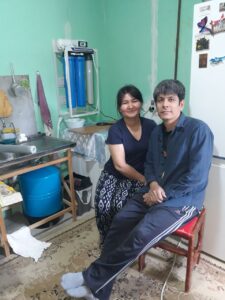
This creates opportunities for Christians to show their love with these neighbors. It allows them to reset the mistaken ideas Muslims might have about Christians.
Another way ICR helps local believers is through small business loans. Believers often struggle to find work. Dilara is a medical doctor, but after she shared her faith at her workplace, she was fired from the hospital and no one else in the city will hire her. ICR provides loans for believers like this to purchase equipment or other specific tools to start a small business. These businesses enable Christians to support themselves and as they repay the loans, the funds go back into a pool to help other believers.
ICR is privileged to work alongside several Uzbek believers, including Pastor Andrej, who are using creative methods to share the gospel. Pastor Andrej and his team often travel to a city where they don’t know anyone and look for people they can pray for. Sometimes the encounters they have result in a new house church.
Once, the believers stopped at a car wash. As they were about to leave, a woman drove up and asked for her car to be washed. Pastor Andrej used the opportunity to share Jesus with the woman. As he spoke, she wept bitterly. Then she told him she was washing her car because she planned to go home and kill herself. She had written a note and wanted to leave her car clean for her children. Instead, she returned home with new hope.
As the Christians were about to leave, they spotted two women and stopped to speak with them. One of the women was glad to hear Andrej was a pastor. Her husband was sick, and she invited the Christians to her house to pray for him. These women, along with the formerly suicidal woman, became a small house church that has since grown to more than 15 people.
Andrej told an ICR worker, “God gives opportunities to witness in places where we humans sometimes don’t even see them.”
